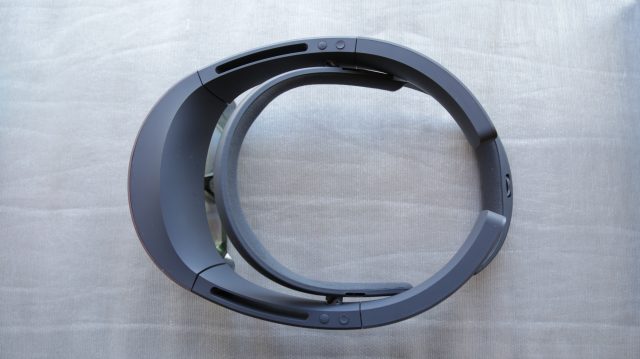
Microsoft CEO Satya Nadella says that company's $480 million contract to supply HoloLens technology to the military is a "principled decision" and that the company will not "withhold technology" from democratic governments.
The deal, signed last year, could see Microsoft supplying as many as 100,000 HoloLens headsets to the military as part of its "Integrated Visual Augmentation System" (IVAS) project. The intent is to integrate the HoloLens hardware with thermal-imaging, weapons-targeting, and health-monitoring systems to, among other things, provide "increased lethality" of the soldiers using it. A number of Microsoft employees have signed an open letter saying that the company should cancel the contract, arguing that it crosses a line into weapons development. Some 250 staff are said to have signed the letter.
Speaking to CNN Business, Nadella defended the decision to enter the contract, saying, "We made a principled decision that we're not going to withhold technology from institutions that we have elected in democracies to protect the freedoms we enjoy," adding, "We were very transparent about that decision and we'll continue to have that dialogue [with employees]."
Microsoft selling software to the military is not new. The US Department of Defense is a large organization with all the standard productivity requirements that any large organization would have; as such, it runs Windows and other Microsoft software, just like any civilian organization might. But Microsoft software is also found in weapons systems and other areas that are exclusive to the military. Both Windows and Linux have been used in this capacity, with commodity software used to run critical command systems.
The employees behind the open letter say that even with these contracts, Microsoft itself was never engaged in weapons development; it was selling general-purpose software that others then used and adapted. The IVAS contract is perceived to be different, with Microsoft, rather than third parties, working to increase battlefield effectiveness and lethality. The employees also criticize the company's review process for ethical development and selling of machine-learning systems, claiming it is opaque and inadequate to prevent weapons development.
Even the selling of productivity software and services has come under fire from Microsoft staff. Last year another open letter called on Microsoft to end its contract with Immigration and Customs Enforcement (ICE), in response to the aggressive policy of separating children from their parents adopted by the Trump administration. At the time, Nadella insisted that the contract only covered regular office messaging, document management, and similar workloads and that there was no involvement with the child separations, nor any use of facial recognition or other more contentious services.In the wake of the ICE complaint, Microsoft's chief legal officer Brad Smith wrote last year that any employees that felt unable or unwilling to work on certain projects would be assisted in finding alternative roles within the company.
reader comments
236